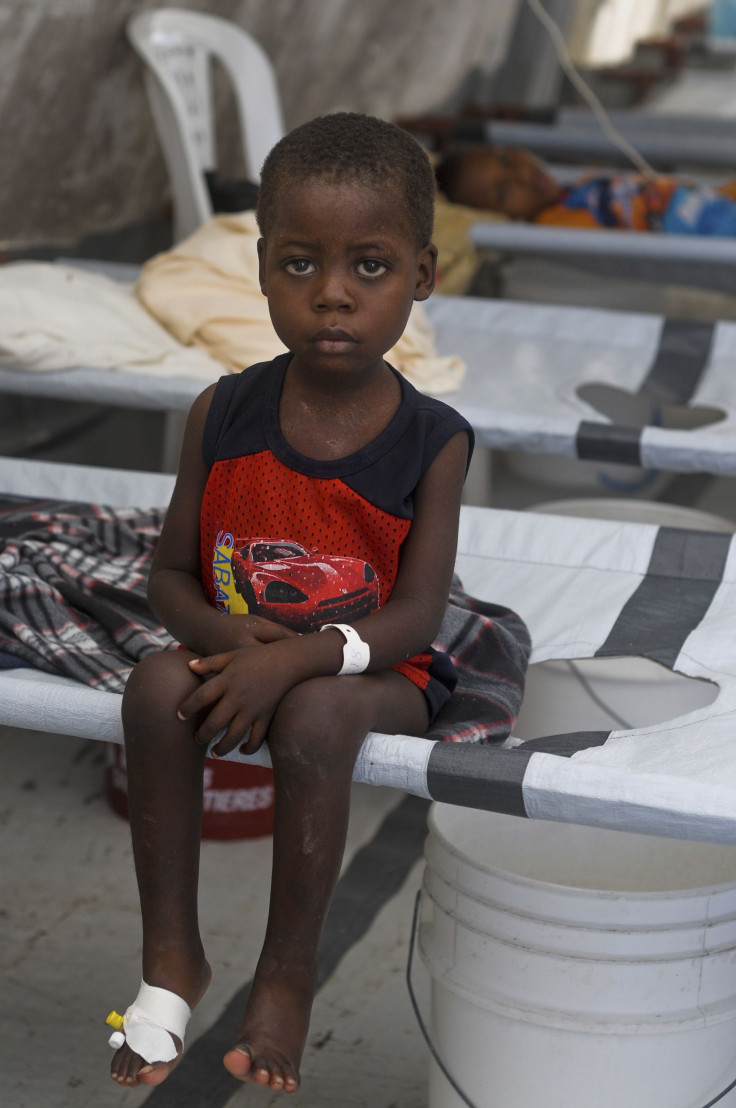UN Launches $2.27 Billion Appeal to Stem Cholera Epidemic in Haiti

The United Nations has launched a $2.27 billion appeal in order to stop the cholera epidemic in Haiti.
Since the epidemic has begun in 2010, more than 620,000 people have been infected and at least 7,759 people have died in the island nation. Despite its history, the epidemic was the first in the country in a century. More than 420 people have also died in the Dominican Republic, which shares the island of Hispaniola with the country of Haiti.
UN leader Ban Ki-Moon did not mention the cause of the epidemic when he announced the 10-year initiative, but it is widely believed that the source was a UN camp in the town of Mirebalais. Though the United Nations' report says that there was no way to discover the cause of the epidemic, many others, including the United States' Centers for Disease Control, traced it to the camp. The strain of cholera is the same as one endemic to Nepal. It is believed that pipes from the UN camp leaked into a river system, which was used for drinking water. The nation has no organized irrigation system.
The UN said that 70 percent of the money raised would go toward building water and sanitation facilities. The multinational organization would also buy large quantities of oral vaccine. The organization says that $500 million would be raised over the next two years, with $215 million already raised from donor countries and $23.5 million coming from the United States. The United Nations has spent $118 million to respond to the cholera epidemic.
The Dominican Republic will also require $70 million over the next decade.
Victims and their families are also calling for a court case and lawsuit to the tune of hundreds of millions of dollars in compensation.
The government of Haiti also wants to build new community centers and employ thousands of health workers, the Haitian Prime Minister, Laurent Lamonthe, said.
The cholera epidemic began shortly after Haiti was hit with a disastrous earthquake in January 2010. A staggering 250,000 people died in the quake and the aftermath.



























